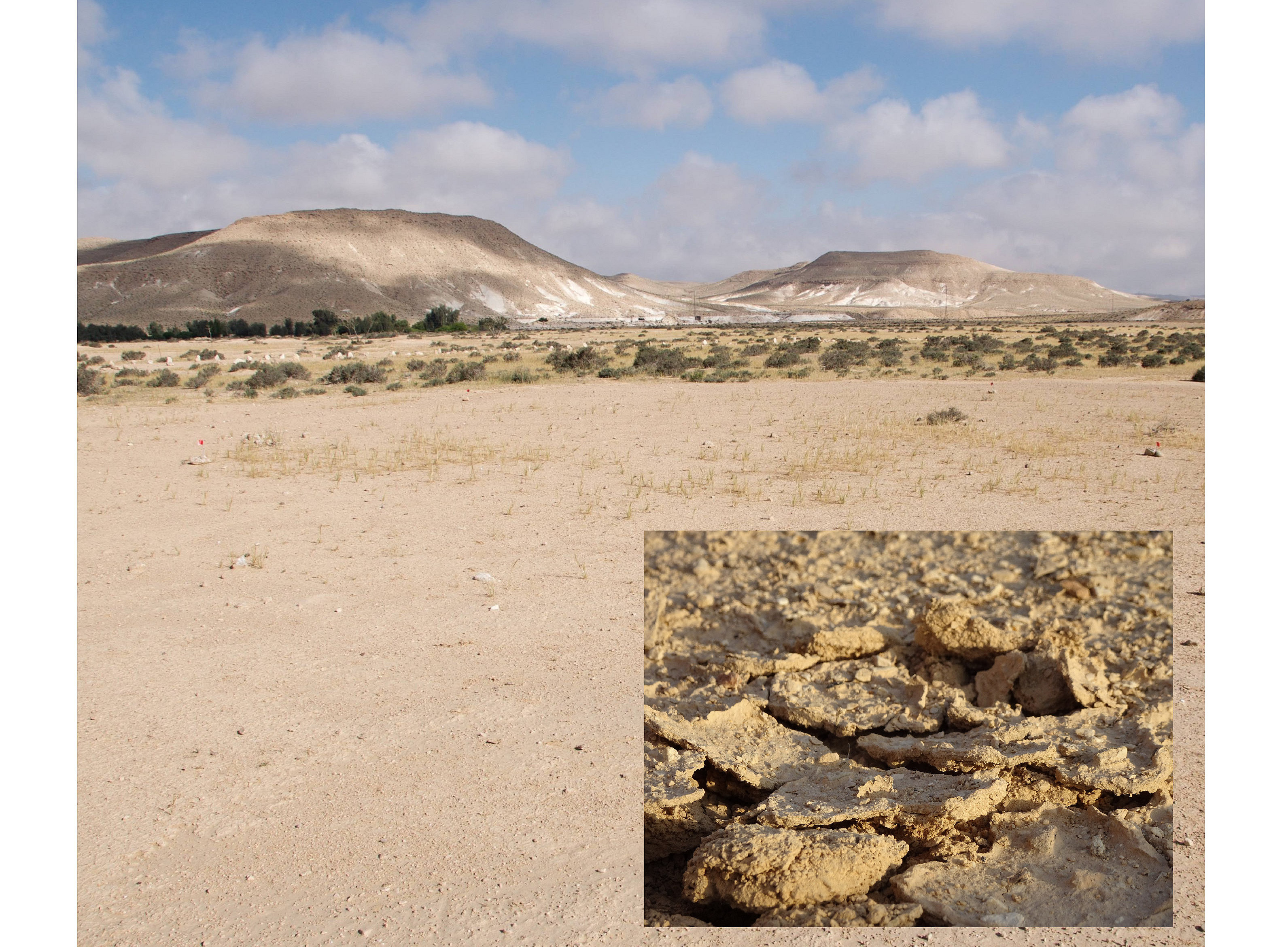Dagmar Wöbken (Wien): Arid deserts are characterized by long periods of drought, often with rare and short rain events that last only a few days per year. Desert soil microorganisms endure droughts in a state of ‘dormancy’, but their exact survival mechanisms remain elusive. Through metagenome investigations of Negev Desert (Israel) biocrusts, we revealed a microbial community with diverse physiological potential and various survival strategies. For instance, while the potential for sporulation was only found in a small proportion of the community, oxidation of atmospheric gases seemed to be a more common survival mechanism. However, dormancy cannot be sustained indefinitely, and therefore phases of resuscitation must also play an important role for long-term survival. In deserts, rain events are often limited to one to two days, raising the question how soil microbial communities can maintain ecosystem processes in such short phases of activity. Further, rehydration has been proposed to be associated with widespread cell death due to osmotic stress, but it is unknown if rain episodes allow for rapid growth to replenish the community. We addressed these questions by combining genome-resolved metatranscriptomics and single-cell activity analysis. Our results show a microbial community well prepared for sudden osmotic changes during desiccation/hydration cycles, preventing major cell loss and allowing slow growth. Further, desert biocrust microorganisms make optimal use of short activity phases by rapid and universal reactivation after rain events, explaining how they can drive desert ecosystem processes.
Begin of page section:
Page settings:
End of this page section. Go to overview of page sections
Begin of page section:
Search:
Close
End of this page section. Go to overview of page sections
Search
Begin of page section:
Main navigation:
Page navigation:
- University
University
Developing solutions for the world of tomorrow - that is our mission. Our students and our researchers take on the great challenges of society and carry the knowledge out. - Research Profile
Research Profile
Scientific excellence and the courage to break new ground. Research at the University of Graz creates the foundations for making the future worth living. - Studies
Studies
Where is the best place to study? At the University of Graz. In an inspiring atmosphere of learning and research. With about 120 studies to choose from. For your way to the future. - Community
Community
The University of Graz is a hub for international research and brings together scientists and business experts. Moreover, it fosters the exchange and cooperation in study and teaching. - Spotlight
End of this page section. Go to overview of page sections
Begin of page section:
You are here:
University of Graz Events Strategies of desert biocrust bacteria to endure alternating water limitation and rehydration
End of this page section. Go to overview of page sections
07.01.2025
17:00 - 18:30
Institut für Biologie
HS 31.11
Begin of page section:
Additional information:
End of this page section. Go to overview of page sections
End of this page section. Go to overview of page sections
